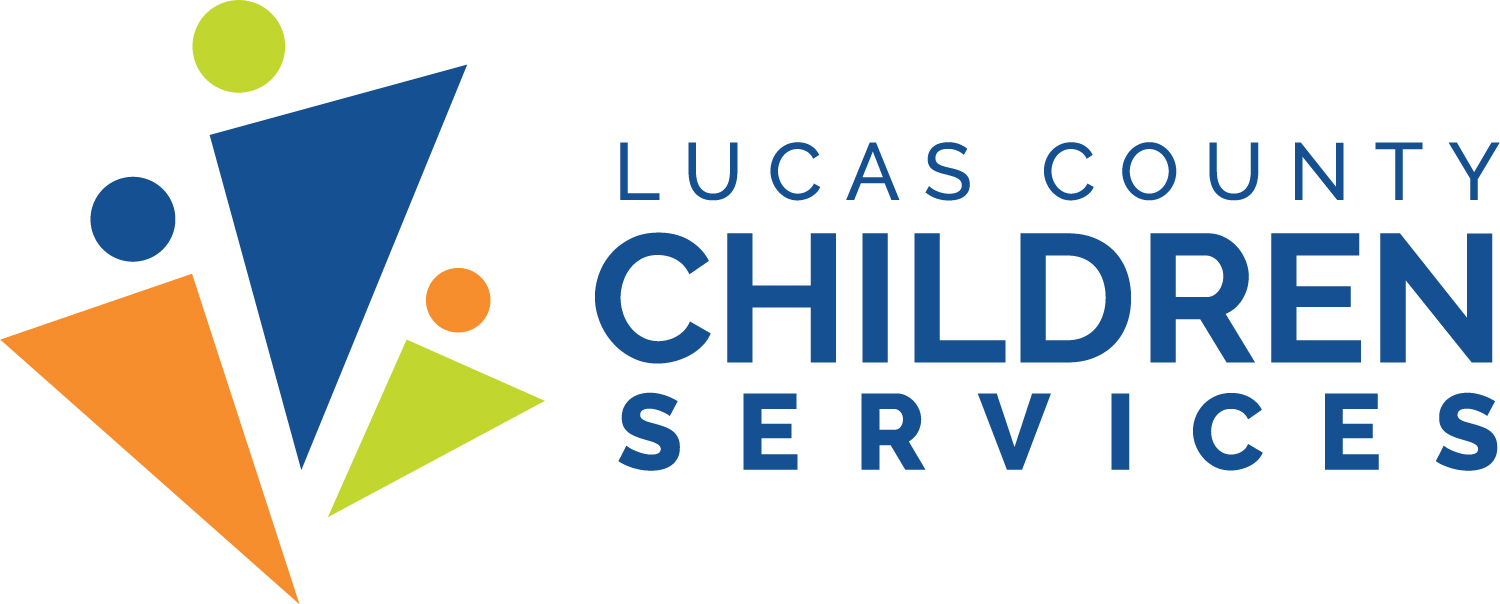Keeping families together and functioning can be a tall order under the best of circumstances, but it’s something that the support workers in the LCCS Permanency Support and Community Advocate units are ready to handle. They have not missed a beat as they have helped families throughout the COVID-19 pandemic.
Support workers from these units have been busy checking on families’ well-being, delivering donated goods and vouchers—sometimes by porch or mailbox drop-off—and linking them with services at JFS, food pantries, and other community resources. They have been relying on teamwork to get the job done, since most are working from home. Two department workers are rotating into the office as a worker-of-the-day, a strategy meant to provide social distancing, while providing on-site workers to quickly line up resources for LCCS families with emergency needs.
The various workers have used their expertise in new ways to help their colleagues and their clients. For Greg Clark and Megan Hennessy, that has been tech support—helping other caseworkers guide families through new school technology, like when Toledo Public Schools students received Chromebooks for distance learning. With area libraries closed due to the pandemic, a lot of families were cut off from essential resources, leaving them unable to make copies or do homework on the computer. “We’ve still got to make sure kids are getting their educational needs met, said Antuan Johnson, Community Advocate supervisor. In some cases, LCCS staff tapped into kinship stabilization funds to provide computers and other devices for homeschooling.
Support workers have also become adept at all the pandemic-related paperwork—applications for unemployment, JFS benefits, and the like. Families in need, like everyone else, have experienced gridlock on websites, an inability to get through on the phone, and other problems. Original signatures are still required for JFS paperwork so that might require several trips to the home before an application can be scanned and sent to JFS.
“That’s been a little frustrating—just being there, walking them through it, encouraging them. Whatever needs to be done, you just try to fill that need. If I don’t know, I’ll find the answer,” said Andrea Schultz, permanency support worker. “We’re still helping people who are in need of housing—and that’s been a struggle. Still trying to assist people with daycare, if they are still working, since there are only specialized daycares that have been certified.”
Many of the food giveaways are now drive-thru operations, but some client families don’t have a vehicle. Support workers are using a deep base of community connections and professional relationships to cut through red tape when possible. Andrea Schultz turned to co-worker Harold Stevens for help with vouchers for two families with transportation barriers. His effort kept kids safe at home, yet ensured the families could get groceries.
“He got those processed and then hand-delivered them to the families, because it was the Friday before Easter,” said Andrea. “Just that gesture, and it really wasn’t small, went so far.”
“Our fiscal department is doing an incredible job,” added Community Advocate worker Kim Corado. “It’s not as easy to get vouchers done because I can’t just print them off and walk them through.” Emotional support has become just as important to families living on the edge, as getting their needs met.
“You’ve got to make it as much of a personal touch as you can, considering you may be 25 miles away on a telephone, added Kim Corado. “I’ve given all of my clients my personal cell phone number, which is something I rarely did in the past. I’ve received calls in the evening and I always try to answer them because they need the support. Sometimes it’s all you can do is sit on the phone or the televideo and just let them talk and listen.”
A lot of that encouragement comes from reminding families of the progress they’re making on their case plans. Even showing them “little steps” can give a family the momentum to keep moving forward, according to Andrea. That’s part of a process of building relationships and relying on them to propel families forward.
Permanency Support worker Greg Clark offers some shortcuts and time savers:
- The first go-to in helping parents get services is United Way 211. They can supply families with information about services in Lucas County.
- If you’re dealing with JFS, you can download documents and applications through their website. You can also reach JFS for new applicants at an internal email. Please see your supervisor or manager to get the email address.
- If you have a hard time typing case notes with the smaller keyboards on your iPad or Surface Pro, use the voice option to record your words in text. Then, go back in and correct mistakes.

